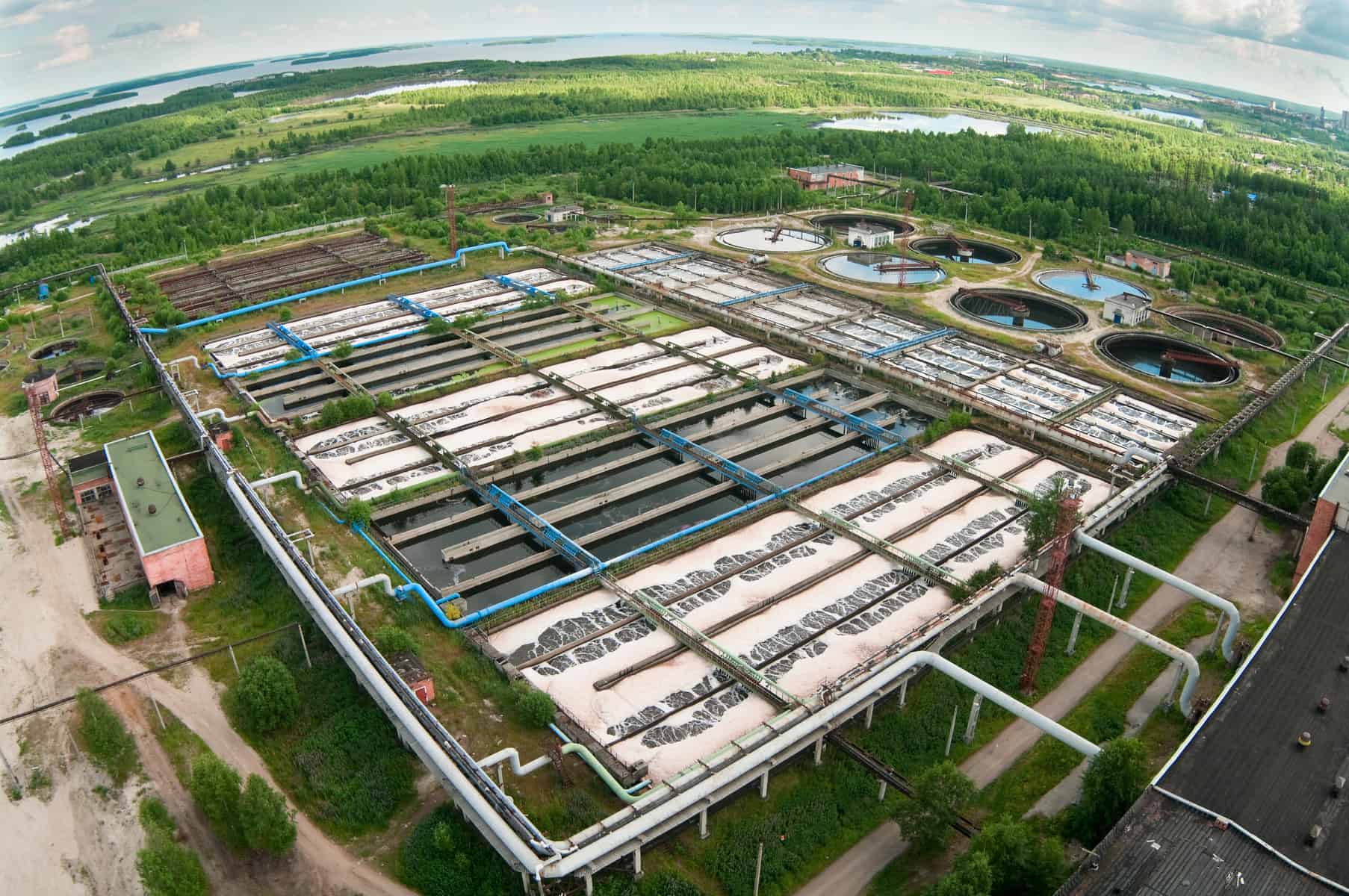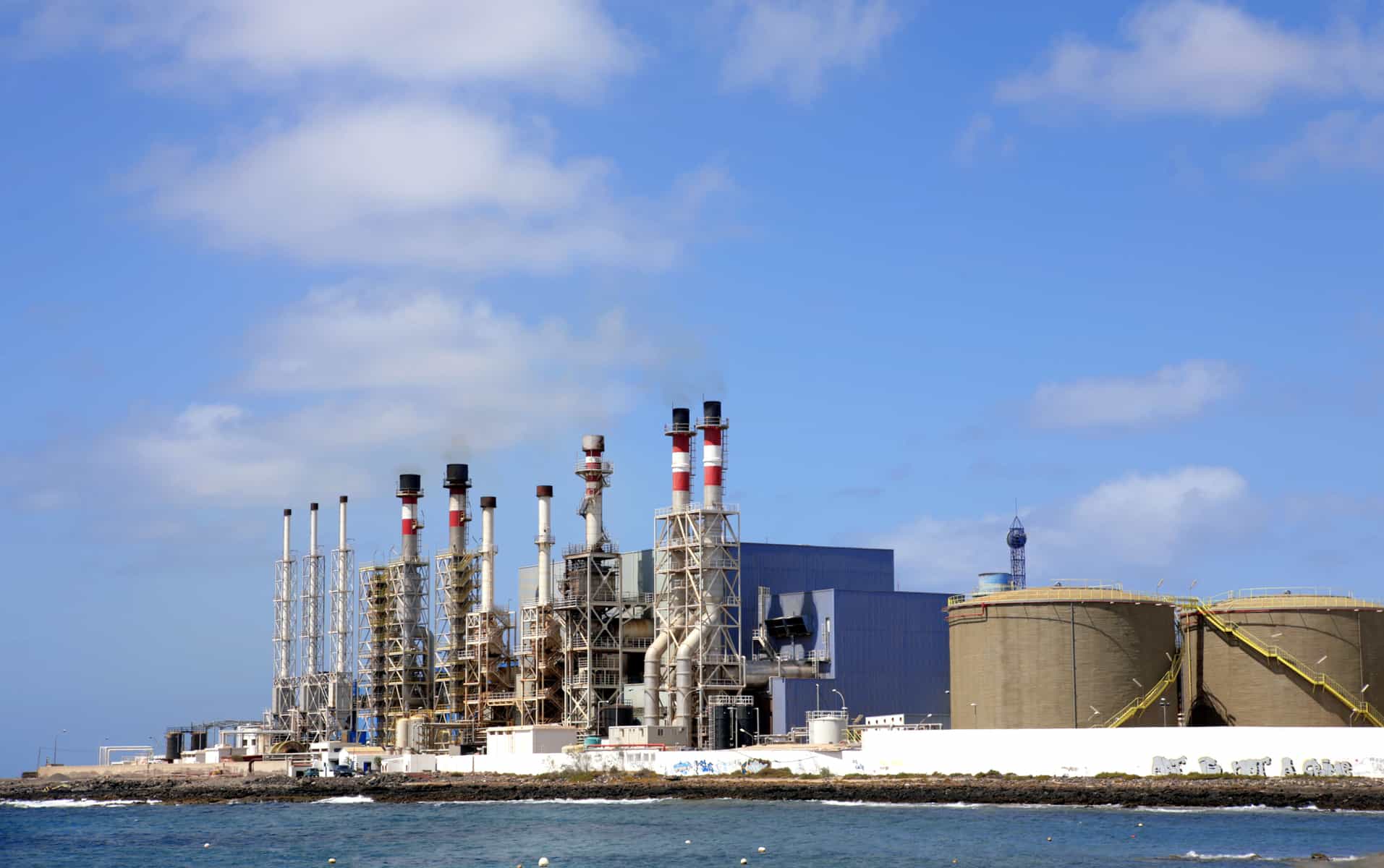San Antonio’s Deconstruction and Circular Economy Program

As people everywhere begin to experience the impacts of climate change, the need to reassess the practices and procedures used throughout our communities has become increasingly urgent. How we produce food, manufacture goods, the transportation we use, and the approach we take when building new infrastructure are all being assessed and modified to reduce their environmental impact.
The City of San Antonio, a Texas leader in sustainability and green energy, is an active participant in the American Cities Climate Challenge (ACCC). Consequently, over the years, it has implemented various programs to reduce its impact on the climate and protect its community members. Its efforts include energy reduction strategies, water awareness campaigns, and, most recently, regulations that require the City's oldest housing stock to be deconstructed and salvaged instead of demolished and landfilled.
Prior to these regulations, standard practices allowed for the complete demolition of buildings that were to be rebuilt and replaced. However, throughout this process, perfectly good materials like flooring, drawers, cabinets, piping, and more end up in landfills where they could do nothing but contribute to the growing pollution problem.
Building and demolition projects can create highly hazardous conditions by releasing toxic chemicals and sediment into the air we breathe, especially in large, compact cities where harmful particle matter can easily end up in people's lungs. This debris can then travel through wind, rain, and landfills and wind up in our waterways, creating additional problems. Recognizing these procedures as a threat to public health for the people of San Antonio, community leaders decided to take action.
The Office of Historic Preservation launched the San Antonio Deconstruction Advisory Committee, bringing together building professionals, stakeholders, and neighborhood representatives as early as 2018 to develop a place-based deconstruction ordinance and enact lasting change. Initially focusing on City-executed residential demolitions beginning October 2022, the ordinance expanded in January 2023 to include all small-scale residential structures (single family, duplex, triplex, fourplex) if the structure was built on or before 1920 citywide, or on or before 1945 if located in a historic zoning overlay or within a Neighborhood Conservation District. But it doesn't stop there. Beginning Jan. 1, 2025, the program's final phase will expand to include 8plexes, and the date range will expand to 1945 citywide and 1960 in protected zoning overlays.
By implementing a system where buildings are taken apart and assessed for salvageable parts like wood and tiles, San Antonio leaders can limit the substances, harmful chemicals, and microparticles that end up in the air and water while significantly reducing the number of valuable materials that go to waste. As a city with a steadily increasing population, regulations that allow for the growth and improvement of its community while protecting the health of the planet and future generations through sustainable practices have been fundamental.
Sustainable practices and regulations, such as the ones seen in San Antonio, are extremely important. The world needs innovative and creative solutions to ensure a healthy, prosperous future. Learning about energy resources to better understand the world's energy obstacles is a great way to start. Visit Ressourcefulness.org to calculate your RQ and learn more, and remember to follow us on Instagram and Facebook.


